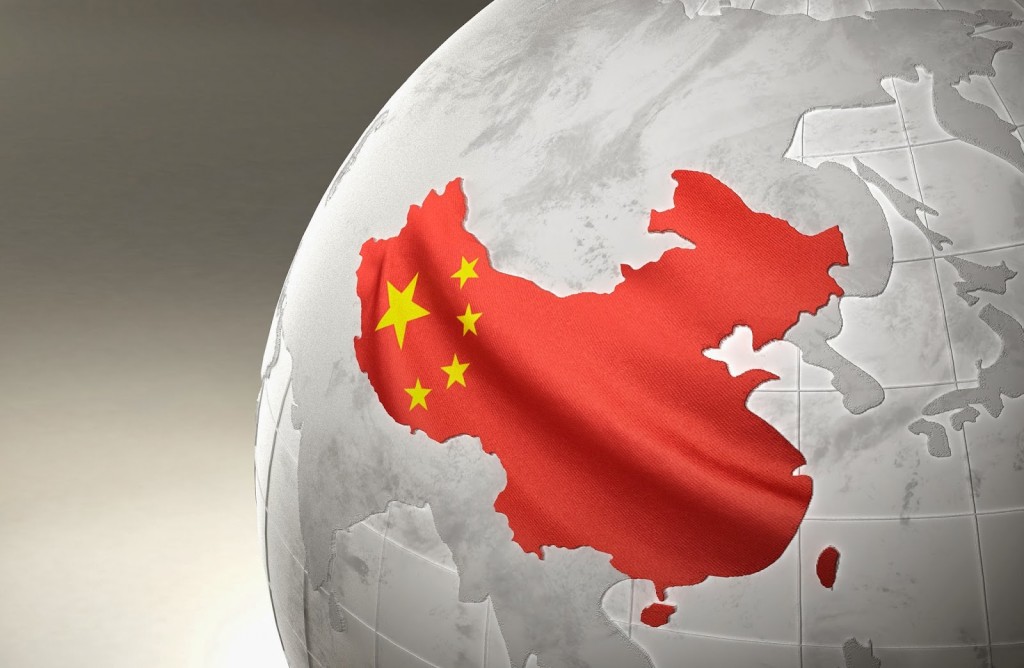
Recent depreciation of China’s currency and its slowing growth pace after years of high-speed development have given rise to questions into the health of the world’s second largest economy.
However, renowned think tanks have revealed great resilience and strong potential for China’s economy to maintain a stable and healthier development.
Nicholas Lardy, senior fellow at the Peterson Institute for International Economics, said he believed the service sector is now the driver of growth in sharing his reading of the economic data in China.
“The fact that industrial growth has slowed down quite a bit does not mean, as it would have meant 10 years ago, that the economy is falling off a cliff,” he said.
By over stressing industrial performance, people “are going off in the wrong direction, misinterpreting what’s actually happening” in China, he said.
China’s march to no. 1 continues, said a report by the Times. In 2014, China’s total GDP overtook the U.S.’ when measured by purchasing power parity. Using this metric, China accounted for 16.32 percent of world GDP in 2014, eclipsing the U.S.’ 16.14 percent, noted the U.S. weekly.
More impressive than the size of China’s economy is the speed with which it has grown, it said.
Back in 2000, Chinese imports and exports accounted for 3 percent of all global goods traded. By 2014, that figure had jumped to more than 10 percent.
Times credited the Chinese leadership in building an awesome 3.7-trillion-U.S.-dollar foreign exchange reserves, which is by far the world’s biggest rainy day fund.
This “money buffer” has played an important part in giving the Chinese economy a staying power despite recent turmoil, it said.
Mckinsey Global Institute applauded China’s rising innovative power and its implications for the global economy in a report titled “the China effect on global innovation.”
Taking note of the highly fragmented retail industry in China, which has limited choice for consumers except for the largest cities, the report gave applause to the “world-leading e-commerce industry” built by the Chinese entrepreneurs.
From its start in 1999, Alibaba has grown into the world’s largest online marketplace, with 394 billion U.S. dollars in value of merchandise sold in its online stores in fiscal year 2014, said the report.
“Nowhere have Chinese entrepreneurs shown a greater flair for innovation than in Internet-based businesses,” it said.
Tencent generates 90 percent of its revenue from online games, sales of virtual items on social platforms and e-commerce. Average revenue per user in 2014 was 16 dollars, six dollars more than Facebook, it noted.
Building on the success of today’s innovators, “China can continue to evolve into a more mature, productive, and innovation-based economy and may even provide a model for effective innovation approaches around the world,” said the report.